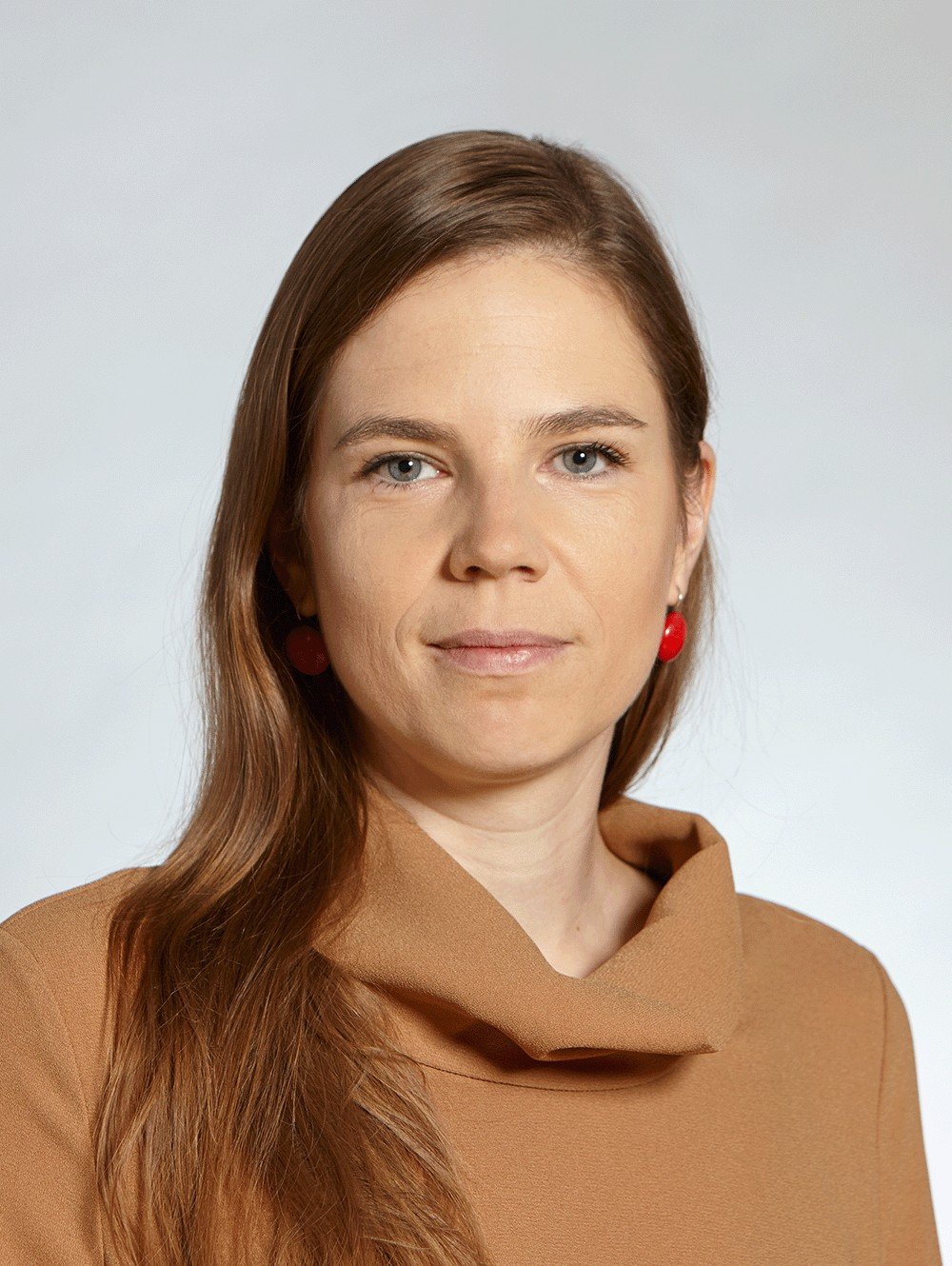Leadership Team
-

Adria LeBoeuf
Associate Professor, University of Cambridge
Adria and her team focus on how evolution has engineered social life, in particular, through social fluids, and how bioactive materials can be produced, transmitted and can act upon others. We use ants as our primary model and in terms of techniques, we use multiomics, automated behavioural tracking and comparative phylogenetic methods.
-

Jenny Stynoski
Associate Professor, University of Costa Rica
Jenny investigates the chemical ecology of tropical amphibians, with a focus on parental care and development. Her work aims to unravel the mechanisms by which amphibians use chemical defenses across ontogeny, as well as the nutritive and defensive functions of parentally provisioned eggs and skin secretions from ecological and evolutionary perspectives. She takes an integrative approach using field experiments, behavioural tests, histochemistry, metabarcoding, proteomics, and transcriptomics.
-

Joris Koene
Professor, VU Amsterdam
Joris is an expert on socially transferred materials during reproduction, with a focus on hermaphroditic animals. His scientific achievements include unravelling why land snails inject their mating partner using a “love dart”, identifying the first accessory gland protein in the semen of a hermaphrodite, and defining the term allohormone. His research integrates different biological levels (e.g., behaviour, evolution, ecology, physiology, neuro-endocrinology) and addresses both evolutionary and mechanistic aspects of hermaphroditism in animals.
-

Katharina Gapp
Assistant Professor, ETH Zurich
Katharina specializes in epigenetic inheritance of the effects of stress and the underlying mechanisms. She has been among the first to demonstrate the involvement of environmentally altered non-coding RNA in sperm as an intergenerational information carrier in mice. Her lab has expertise in technologies that can help us understand signalling within and across generations, including metabolic labelling techniques in combination with omics sequencing and/or protein depletion tools. Her current ERC starting grant funded research investigates intergenerationally transmitted nuclear receptors, their chromatin signature and hormones. Thus her strong interest in socially transmitted material.
-

Sanja Hakala
Postdoctoral researcher, University of Lausanne
Sanja studies the evolution of care behaviours and social organization in social insect societies, connecting behavioral data with molecular, physiological and morphological lines of inspection. The societies control the development of individuals and the maturation of the sexual castes also through socially transferred materials, which sparked Sanja’s broader theoretical interest in them as a potential accelerator of evolution.